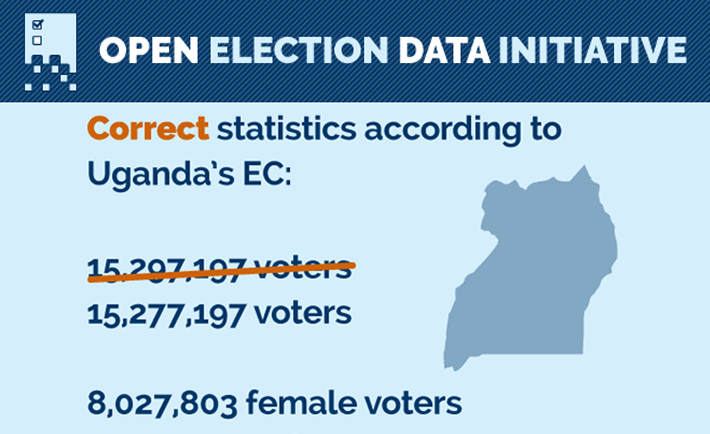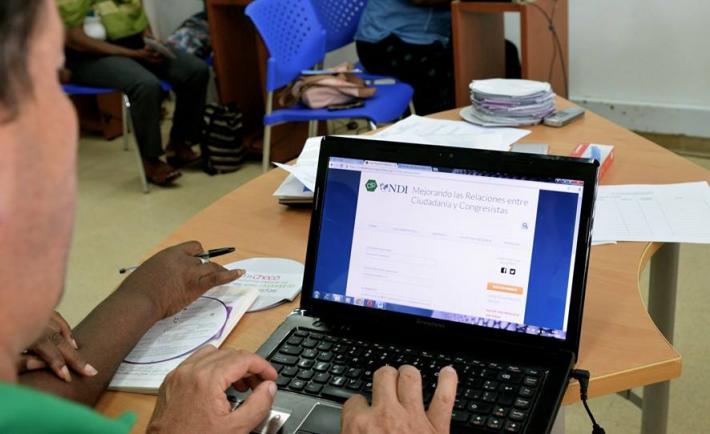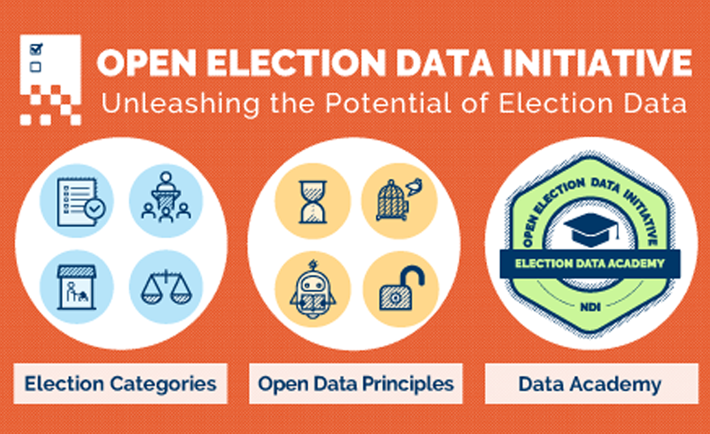We here at the Open Election Data Initiative noticed yesterday that the Election Commission of Uganda made voter registration information available for free at a granular level. Naturally, we were excited to see those two open data principles at work. The Election Commission published a file with the number of registered voters for each polling station along with the number of females and males registered at each station. The problem: they posted it as a dreaded PDF file, which is not an analyzable format.
Open Election Data Pays Off in Uganda
Creating Space for Civil Society Through Technology and Open Data
Today is International Day of Democracy, a day meant to inspire reflection and celebration of the principles of democracy worldwide. This year’s theme, “Space for Civil Society,” serves as a reminder that a strong and active civil society is necessary for resilient democracy. This year’s theme is also a reaction to the fact that civil society faces serious challenges globally. Since the early 2000s, authoritarian regimes have used new methods to limit the ability of civil society to protect the rights of citizens, demand accountability from government and engage in public policy. These limitations extend to the Internet and social media; authoritarian regimes continue to curtail political speech and monitor political dissent online. But just as autocratic regimes are imposing these limitations, civil society is adopting new technologies and using open government data to create new civic space and work in parallel with the interests of open, inclusive government. NDI is supporting these efforts by assisting civil society groups in the creation of international norms and standards for legislative openness and open election data.
Initiative Aims to Ensure Citizen Groups have Access to Election Data
NDI is excited to announce the launch of the Open Election Data Initiative. The goal of the initiative is to ensure that citizen groups have access to election data that can give a true picture of an election process, including how candidates are certified, how and which voters are registered, what happens on election day, whether results are accurate and how complaints are resolved.
The Open Election Data Initiative, openelectiondata.net, adapts open data principles that are designed to enhance government transparency in other areas, such as service delivery, to elections. The initiative encourages governments to be more accountable and citizens to take a more active participatory role. While primarily geared toward civil society -- including election monitoring organizations, many of which are partners of NDI -- the initiative can also inform the efforts of political parties, election management bodies and other actors concerned with electoral integrity.
U.K. Commission Recommends Adoption of Declaration on Parliamentary Openness
Today, the Speaker’s Commission on Digital Democracy in the United Kingdom launched their final report detailing recommendations on how parliamentary democracy should respond to the opportunities and challenges presented by technology.




